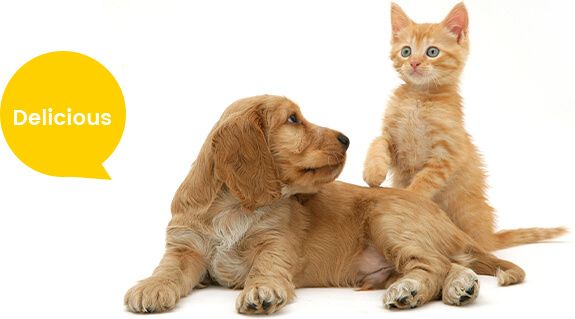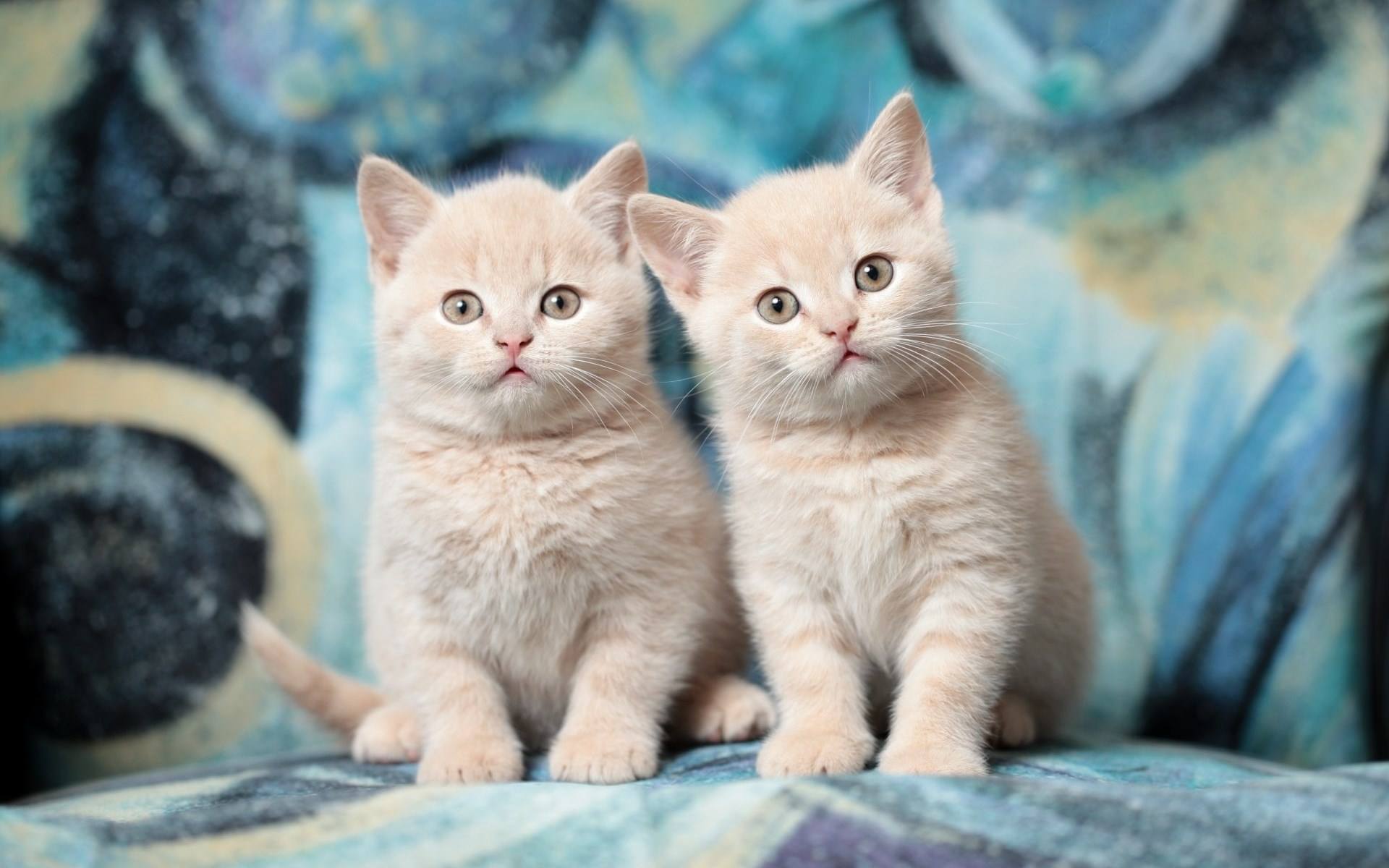
Want to hear from us?
Sign up to receive our latest email news, offers and updates.
News and Events
July 22, 2022Influence of cat habits on palatability
Cats are reclusive in the daytime and lonely at night. Cats have large canine teeth, small incisors, premolars and fleshy teeth on the tongue. Cats' olfactory system is not as sensitive as dogs, but it is also enough to distinguish information about food, such as whether it is fresh and safe. Some scholars have observed that the feeding of cats is predatory, and cats tend to eat food similar to their body temperature. Unlike dogs, cats are selective about food. Some studies have found that cats are particularly fond of food containing butter or chicken oil. The salivary gland of cat is similar to that of dog. It is produced by four primary glands and does not contain amylase. Cats' taste receptors are also similar to dogs, but they do not have functional sweet receptors, so cats cannot perceive sweetness, but cats are sensitive to acidity. The activity of cysteine sulfite decarboxylase (CSAD) in cats is very low, and CSAD is the key raw material for the synthesis of taurine. The absence of taurine will cause retinal degeneration and even blindness in cats, so cats' feed must contain more than a certain amount of taurine. To some extent, cats are "prey driven" animals. This behavior is generally reflected in large carnivores. Although cats have been domesticated for thousands of years, this primitive feeding habit is still preserved. Therefore, compared with dogs, cats' palatability requirements for food should focus on acidity, temperature and freshness.
If you want to know more, please contact linda : sales@chaotaipet.com ,https://www.linkedin.com/in/linda-wang-5a0429a4/ or www.ctpetfood.com


Want to hear from us?
Sign up to receive our latest email news, offers and updates.
